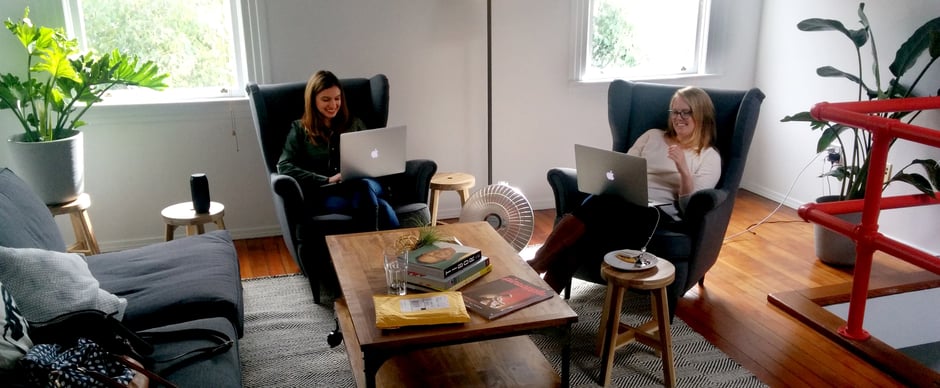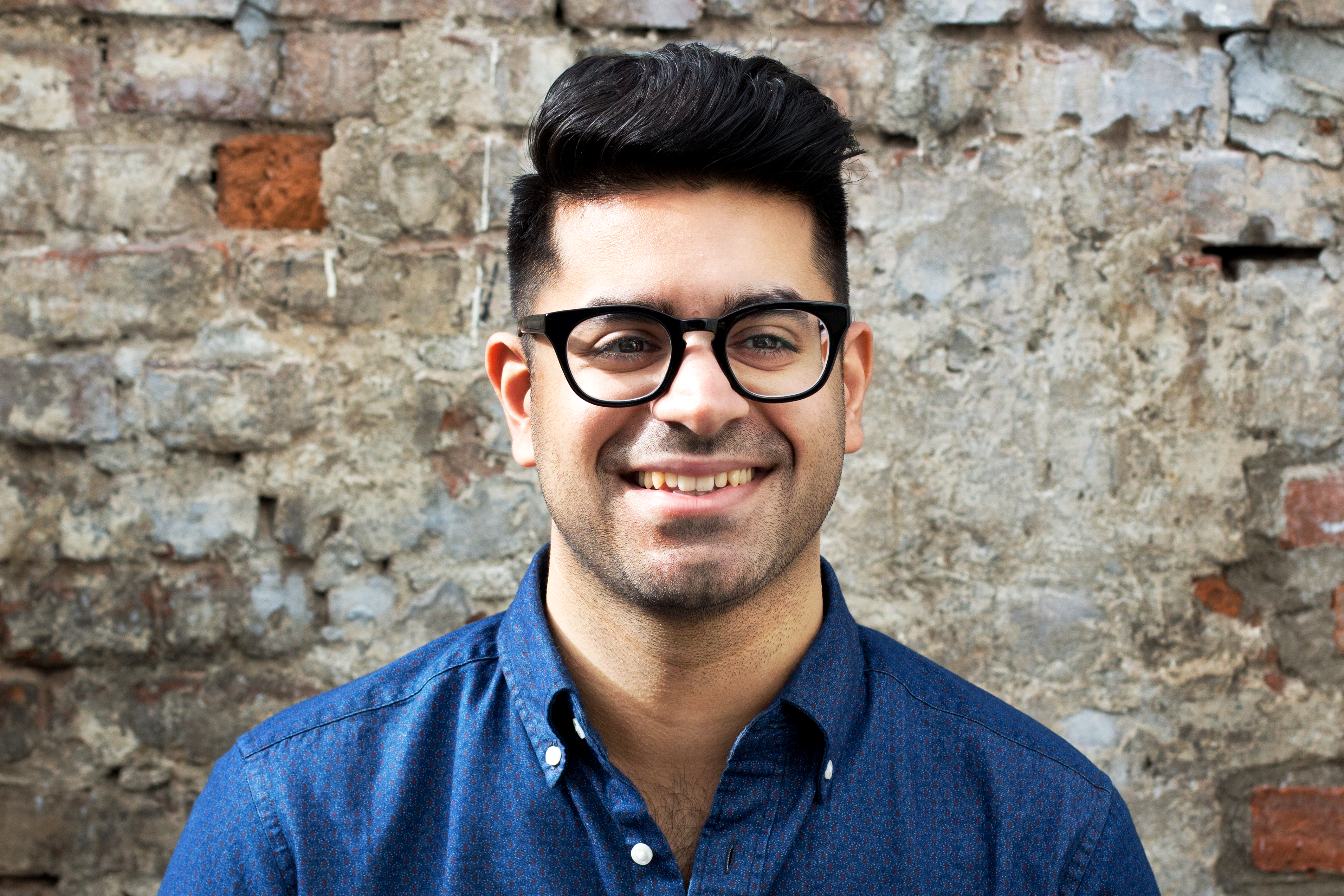I remember being absolutely clueless about the agency world before joining it. I didn’t know which departments did what, or where my particular knowledge and skill set would fit.
It wasn’t until I landed my first agency job, at a small shop in New York, that I really began to explore and understand the ins and outs of agency life. I became fascinated with how agencies operate—and how they differentiate themselves from others.
Before moving to San Francisco, I regularly attended speaker panel and networking events at New York University, where marketing students often asked me which types of agencies to pursue. My answer remained consistent: While my initial plan was to start out at a small agency and gradually transition into larger ones, I decided to stick with small agencies. Here’s why:
The People
At a small agency, the leadership has a vested interest in the day-to-day operations of the business. Senior managers have regular (even daily) check-ins with employees, and they often roll up their sleeves to dive in or provide insight on almost every project. They are truly dedicated to supporting their clients and internal teams.
Team members at small agencies are also not limited to their job descriptions. They are encouraged to wear many different hats. It is not uncommon, for example, for a strategist to help with information architecture, or for an account manager to take on content strategy.
Through this type of cross-discipline collaboration, small agencies often produce their most creative ideas or groundbreaking work. And in the process, they provide each employee with almost endless opportunities to explore, learn, and grow.
The Work
When it comes to work, one of my must-haves is project ownership. I love being able to see a project from start to finish, or at least to understand and influence its development. Many of my friends at larger agencies have very narrow breadths of responsibilities, and they often never know how, where, or if their work ended up in the final deliverable.
At a small agency, I have exposure to multiple brands and direct one-to-one communication with clients. Red tape is limited, and I can become a trusted adviser to clients, as opposed to just another cog in the wheel. Every day is different, and every project presents new challenges.
Sometimes, small agencies’ challenges lie with having fewer resources. But having a tight budget, team, or project timeline often leads to big, smart ideas that create multiple layers of value. It also encourages working quickly and with enough flexibility to adapt project management styles to fit the needs of specific clients and projects.
In this sense, the ability to generate and swiftly act on great ideas is small agencies’ bread and butter. With a lean operation—as opposed to a robust one, with entire in-house development and production teams—they can focus on the best ideas to solve a client’s problems, and then hire the best talent they can find to bring those ideas to life. Small agencies’ scrappy and nimble nature gives them the upper hand, when compared with larger, more traditional agencies that have legacy business models and stringent processes.
The Culture
Small agencies are known for their strong identities and cultures. People who work at a small agency are generally in tune with its mission, and they take pride in being part of a close-knit team. They want to be there and are passionate about producing great work.
By striking the right balance between entrepreneurial startups and process-driven companies, small agencies are able to acquire and retain great talent. They encourage their employees to balance their personal and professional lives, volunteer in local communities, and explore hobbies outside of work—either as individuals or as a team.
Did I mention the perks? Employees enjoy everything from flexible vacation policies to “belong anywhere” workspaces and beer o’clock Fridays. Although these perks are generally fun, they also promote communication and camaraderie between employees.
It is important to note that big agencies were once small too, and they also started off with strong cultures. However, like most growing companies, agencies have a hard time keeping their cultures intact as they scale.
Whether you are just starting out in your marketing career or thinking about making a career change, just remember not to discount a small agency because of its size. Joining one could be the most interesting and rewarding experience of your career.

